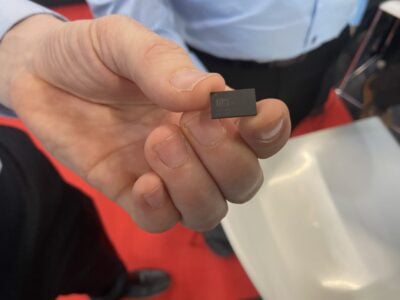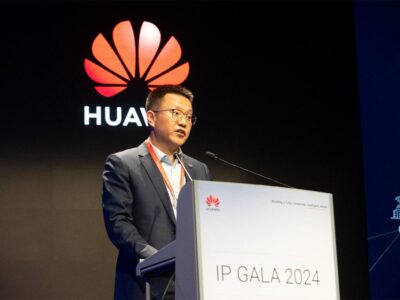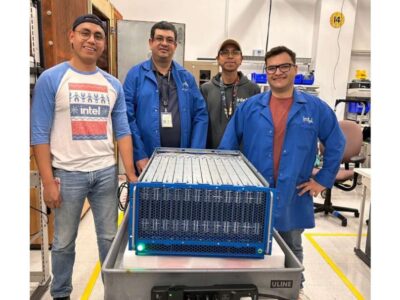
Formal methods for AI in space navigation systems
One research consortium is led by Prof Nabil Aouf, Professor of Robotics and Autonomous Systems at City University in London, along with Enac and Numalis in France and Spineworks in Portugal for the European Space Agency.
Professor Aouf and his colleagues have set out to identify mathematical approaches, or formal methods, to support the design and the verification of next-generation AI-based GNC architectures and functions.
The study will make a formal link between the AI-based machine learning (ML) and the control theory-based reasoning and optimisations within space GNC systems. The poroject will also look at how to make the machine learning frameworks more transparent.
“Planetary space missions present a number of technological challenges that have been well-highlighted through the difficulty traditionally encountered in Moon landings and, lately, in Mars landings. The process of landing encompasses multiple phases; the last one being when the space lander closely approaches the terrain surface and lands within hundreds of meters of a target before coming to a complete stop,” said Prof Aouf.
The study will also propose solutions inspired from robust control theory and other formal methods to provide a level of validation to the AI-based ML techniques, and will develop explainability mechanisms to open those AI-based ML black box schemes for GNC-based perception so as to increase the level of trust for space engineers to adopt those schemes.
“A question that has to be addressed with the emergence of new AI tools like deep neural networks, which show a good performance for some terrestrial autonomous systems applications, is whether they are capable of fulfilling the stringent requirements of spaceborne missions. AI based on machine learning algorithms are often used for systems that are difficult to physically model by mathematical linear or nonlinear differential equations,” he said.
There are two other industry-led consortia working on AI technology. One is led by Sener in Spain with the Technical University Eindhoven and the University of Stuttgart. The other is led by Deimos in Portugal with INESC-ID, TASC in the UK and Lund University.
Related articles
- Scheme gives LEO satellites positioning service
- Space technology allows precise navigation without GNSS
- UK looks to rescue OneWeb to build satellite navigation system
- Machine learning to remove space debris
Other articles on eeNews Europe
- TSMC calls EU semiconductor boost ‘unrealistic’
- Boost for semiconductor production in Austria
- Toshiba in $20bn UK takeover offer
- Intel plans to re-label chip process nodes
- Altran turns into Capgemini Engineering
 If you enjoyed this article, you will like the following ones: don't miss them by subscribing to :
eeNews on Google News
If you enjoyed this article, you will like the following ones: don't miss them by subscribing to :
eeNews on Google News



